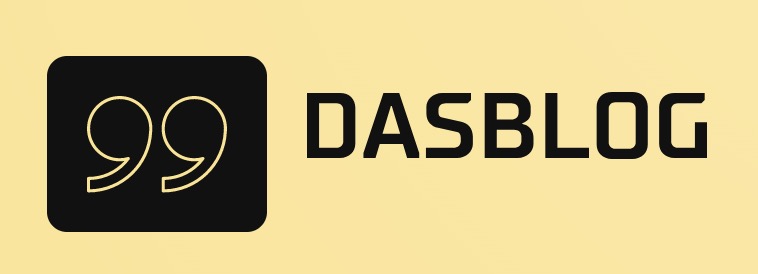The theme of your blog is one of the most important decisions you’ll make. Not only does it set the tone and feel of your blog, but it can also affect how people find and interact with your content.
There are a lot of great themes out there, but which one is best for your blog? Here are four popular themes and their pros and cons:
1. WordPress: WordPress is by far the most popular blogging platform on the web, and for good reason.
It’s easy to use, comes with a ton of features, and is supported by a wide variety of plugins and themes. While WordPress isn’t limited to just blogs, it’s perfect for most blogs because of its flexibility.
One downside to WordPress is that it can be a bit daunting for beginners. However, there are plenty of resources available to help you get started, including tutorial videos and forums.
Plus, if you ever run into problems, there are plenty of knowledgeable people online who can help you out.
2. Tumblr: Tumblr is a popular microblogging platform that’s perfect for blogs with short content blocks (less than 500 words).
Tumblr’s simplicity and visual nature make it a great choice for visually-oriented blogs. Additionally, Tumblr is well-suited for personal blogs where users want to keep their blog posts private.
One downside to Tumblr is that it doesn’t have as many features as WordPress or other more popular blogging platforms. Additionally,Tumblr doesn’t support comments or guest posts, so it may not be the best choice if you want to invite others to contribute their own thoughts on your blog posts.
3. Medium: Medium is a popular blogging platform that allows users to write longer content blocks (up to 10,000 words).
While Medium doesn’t have as many features as some of the other options listed here, it has gained traction among bloggers because of its simplicity and ease-of-use. Plus, Medium supports comments and guest posts, making it a good choice if you want more control over how your content is presented online.
One downside to Medium is that it can be difficult to attract an audience with a niche focus or if you want more traffic from outside sources (like Google). Additionally, Medium doesn’t have as much flexibility as some other options when it comes to customizing your blog’s appearance or adding additional features like SEO optimization.
4. Blogger: Blogger is an affordable blogging platform that’s easy enough for beginners but has enough features to appeal to more experienced bloggers too.
While Blogger doesn’t support comments or guest posts like some other platforms do, it does have built-in features like social media integration and Google Analytics tracking which can help you track the success of your blog posts. Additionally, Blogger has been around long enough that there are plenty of helpful resources available online if you run into any problems along the way.
